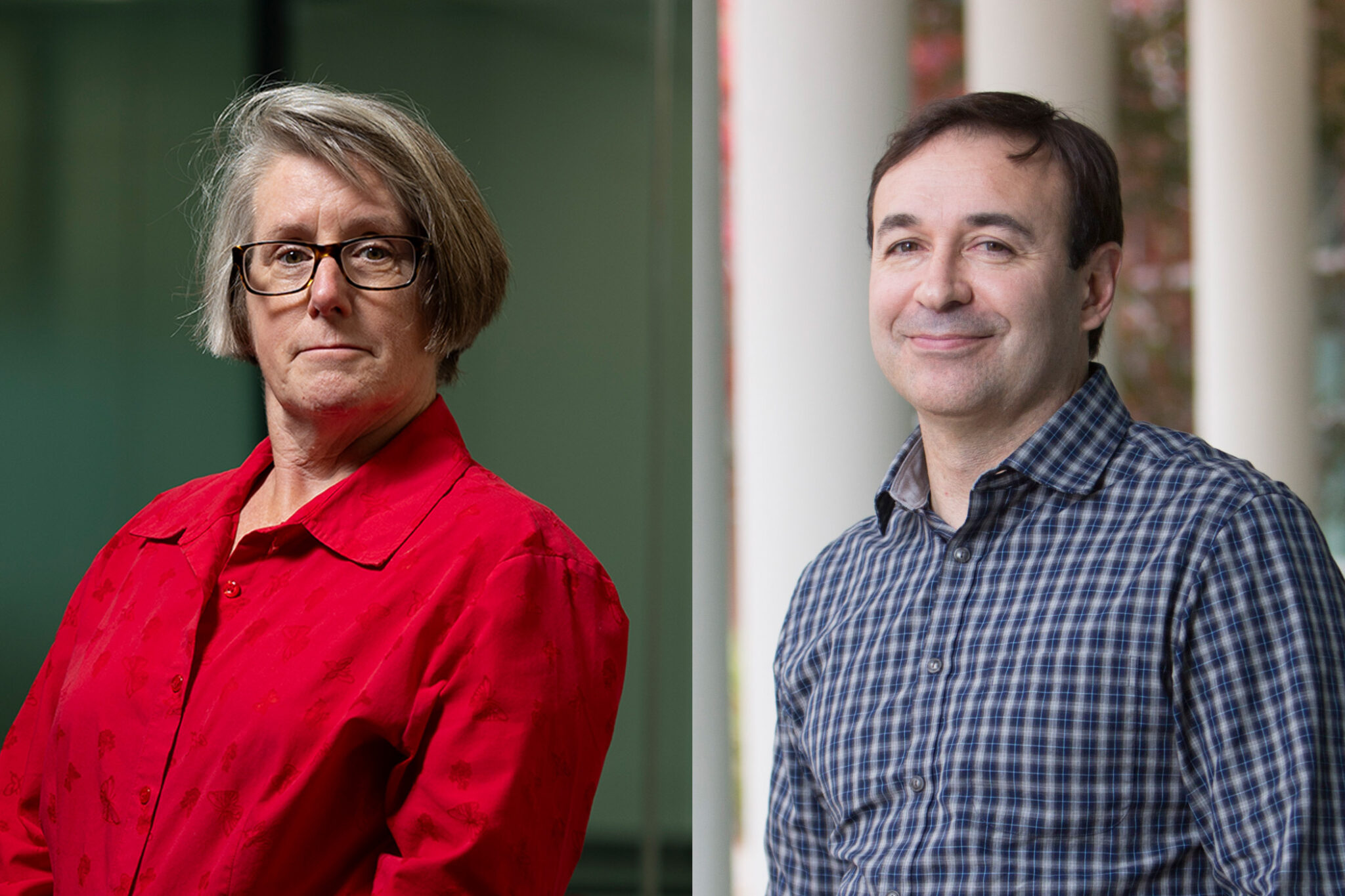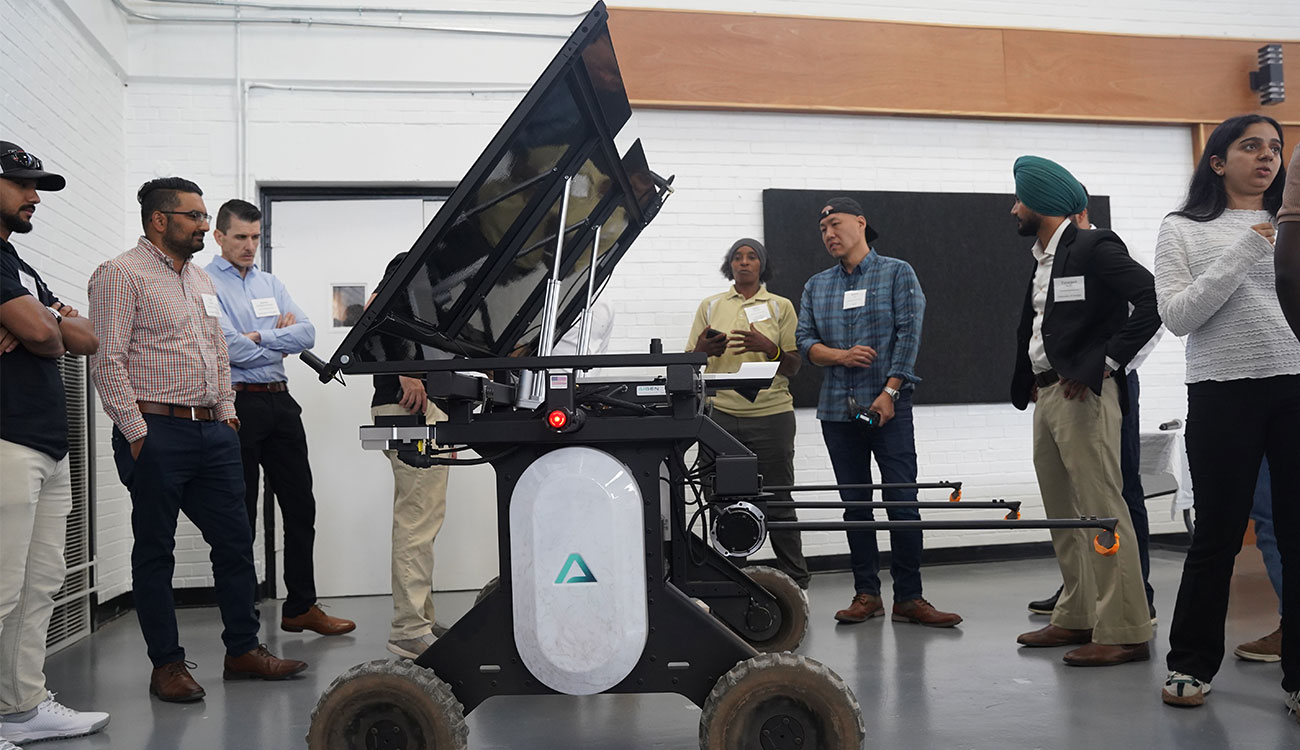By Cat Holmes
University of Georgia
Smith was recently made a member of the Alfred P. Sloan Foundation's Minority Ph.D. network. As a member, she can recruit minority students to become Sloan Scholars under her direction.
The Sloan Foundation Ph.D. Program offers $30,000 scholarships to minority students starting their doctoral work in engineering, natural science or mathematics. The Sloan Ph.D. network is composed of faculty members and departments from 49 participating universities that recruit students for the scholarships.
"We have faculty at universities across the country," said Ted Greenwood, program director for the Sloan Foundation. "We look for those who we believe (will be) able to successfully recruit, mentor and graduate minority Ph.D.s."
Smith has a track record of working well with students. She won the UGA Outstanding Undergraduate Academic Advisor/Mentor Awards for 2001-2002.
"I'm really thrilled to be selected for this," Smith said. "There are too few minority scientists. I'm looking forward to working with some fine students."
Along with undergraduate courses, Smith teaches a graduate course in environmental risk assessment and risk communication. She researches the adverse effects of chemicals and microorganisms on pregnancy and developing fetuses.
To encourage faculty members to actively recruit candidates, the Sloan Foundation awards a $2,000 grant for each Sloan Scholar who completes a Ph.D. under their direction. This money can be used for any purpose related to further recruitment of more Sloan Scholars.
"Often (university) departments sit around waiting to see who walks in the door," Greenwood said. "We've found that's not the best way to work with minorities, (which) is why we give the (recruitment) money to faculty. For every Ph.D. graduate Dr. Smith oversees, she will get $2,000 to use. She could do the recruiting herself. Or she could send one of her students to meetings or other campuses."
This is exactly the type of resource UGA wants to use to get more minority students pursuing advanced degrees, said Don McLellan, director of the Office of Diversity Relations in the UGA College of Agricultural and Environmental Sciences.
"Our college has made tremendous progress in recruiting minority graduate students in the past three years," McLellan said. "We believe we will become the school of choice for many more minority students pursuing advanced degrees as we continue our outreach efforts."
Overall, UGA is scoring well with respect to minority recruitment in graduate school. Black Issues in Higher Education recently ranked the university 16th in the nation for the number of doctorates conferred on African Americans.
Tony Capomacchia, a pharmaceutical scientist and graduate coordinator for the UGA College of Pharmacy, is UGA's only other member of the Sloan Ph.D. network. He began recruiting and mentoring Sloan Scholars in 1999. His first three Sloan Scholars are slated to graduate in 2004.
"This is a wonderful program and opportunity (for students)," said Capomacchia. "The scholarships provide the students about half of what they need toward the total cost of graduate school. And it's a great way of leveraging funds."
(Cat Holmes is a news editor with the University of Georgia College of Agricultural and Environmental Sciences.)






